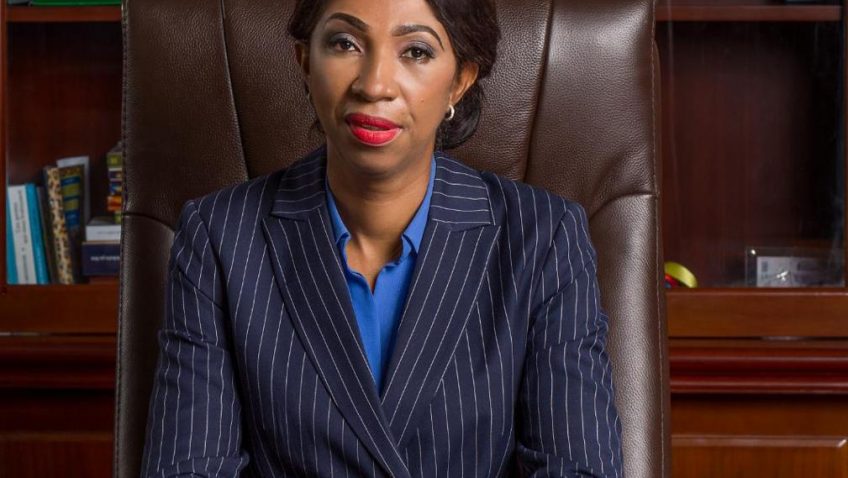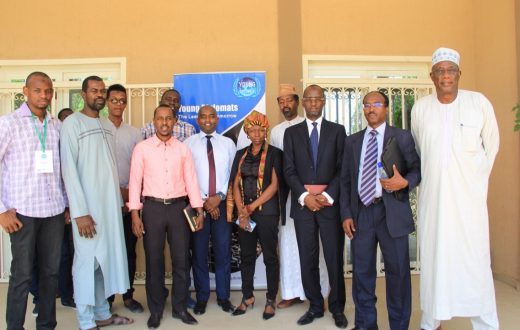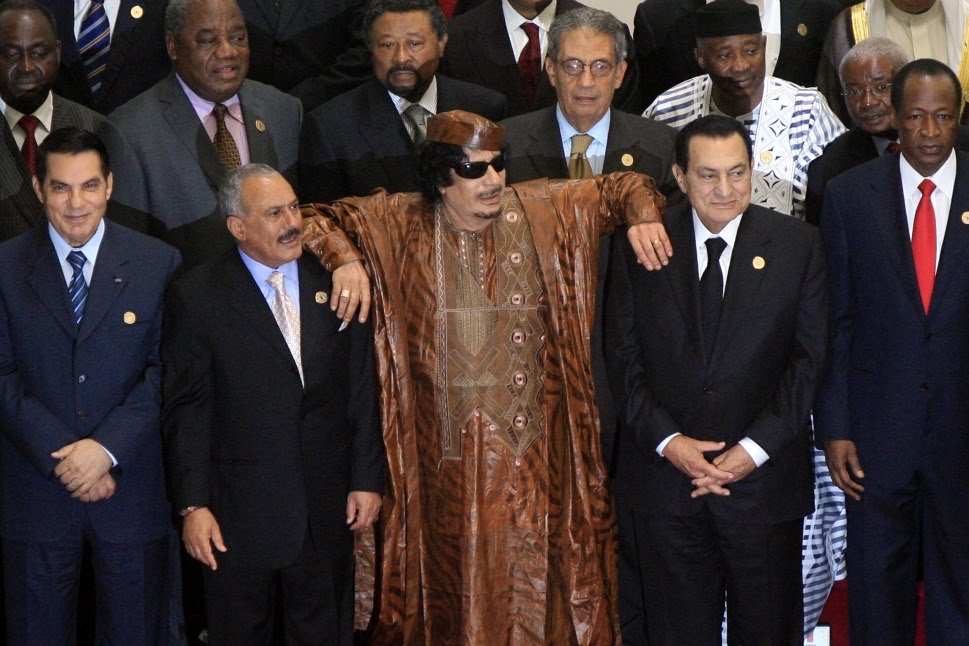As leaders agreed late last year at the U.N. Climate Change Conference (COP26) in Glasgow, if the world fails to come together to mitigate the impending impacts of climate change, Africa will grapple with drought, rising sea levels, potential conflicts over water access, and increasingly frequent severe weather events, among other possible natural disasters.
The global response to climate change must incorporate the historic emissions context. As has been widely noted, China, Europe, and the United States bear the most responsibility for greenhouse gas emissions. Prioritizing the transition to renewable and imposing higher emission reduction requirements on the EU, U.S., and China will ease the burden on those nations that still need a variety of power generation methods to increase energy access.
Not only does Africa bear the least responsibility for greenhouse gas emissions, but the forests of the Congo Basin (second only to the Amazon) are vital to absorbing the CO2 emitted from other continents. Keeping the lungs of the world intact must be more valuable than cutting them down. Maintaining these natural resources is essential to combating global climate change and requires external support to properly value and incentivize their preservation.
Another big challenge is the lack of access to electricity. Today nearly 600 million of the 1.2 billion Africans lack access to electric power. In sub-Saharan Africa, 12 million new people enter the workforce every year. Our prosperity and peace are incumbent on powering our economic development and creating enough gainful employment opportunities for our growing population. That is not something that can be done in the dark. Without achieving universal access to electricity, we will be vulnerable to underdevelopment, high unemployment, a migration crisis, and instability. Given the close interplay of these challenges as well as their threat to the overall region, we must find a way to solve both if our continent is to realize a peaceful and prosperous future.
To narrow the energy access gap as quickly as possible, Africa must employ a variety of power sources already utilized by the U.S., EU, and China while simultaneously phasing out coal. Such a shift requires mobilizing development financing to support natural gas, hydro, and geothermal projects, as well as wind and solar energy.
Importantly, the double standard for those nations in the Global North with universal energy access was on full display at COP 26. For example, EU climate chief Frans Timmermans said, “[The European Union] will have to also invest in natural gas infrastructure. As long as we do it with an eye of only doing this for a period, then I think this is a justified investment.” The EU and U.S., who control significant voting stakes in the largest international financial institutions (IFIs), then led a pledge by 20 countries to stop financing gas projects abroad. Without support from IFIs, African nations will be unable to build and maintain the infrastructure required to utilize our natural gas. This sharp contrast in words and actions sends the message that natural gas is considered a bridge to renewable in the Global North—where access to electricity is secure—while natural gas is an unnecessary luxury to Africans who still do not have access to reliable electricity.
Finally, African nations must capitalize on the green economic revolution. The global transition to renewable energy will mean exponentially scaling up the production of batteries, electric vehicles, and other renewable energy systems, which depend on Africa’s natural resources. For example, the Democratic Republic of the Congo accounts for 70 percent of the world’s cobalt, the mineral vital to battery production. With the demand for cobalt expected to at least double by 2030, it is unfathomable that the miners, who provide the world with the material essential to the energy transition, return to homes without electricity. We need to leverage our control over such markets to elevate working conditions, move beyond raw material exports toward manufacturing and processing capacity, and capture greater portions of green energy supply chains. We cannot afford to repeat the mistakes of past economic revolutions.
By Jeanine Mabunda Lioko
Ms Jeanine Mabunda Lioko Mudiayi was the first woman to be elected as President of the National Assembly of the Democratic Republic of Congo, serving from April 24th, 2019, to December 10th, 2020. She has been a Member of the Congolese Parliament since 2011, having been re-elected in 2018, as a National Deputy of Bumba, Équateur Province.
From 2014 to 2018, Jeanine Mabunda served as the Personal Representative of the President to combat sexual violence and child soldier recruitment.
From 2007 to 2012, Jeanine Mabunda served as Minister of Portfolio and Public Enterprises, charged with reforming the DRC’s state-owned enterprises. At that time, state-owned enterprises employed over 100,000 workers and the country was facing several socio-economic challenges.
Jeanine Mabunda holds a law degree from the Catholic University of Louvain and a bachelor’s degree in business sciences from the Catholic Institute of Higher Commercial Studies (ICHEC) in Brussels.









